8 GPTs for Moral Reasoning Powered by AI for Free of 2026
AI GPTs for Moral Reasoning are advanced artificial intelligence tools specifically designed to navigate and provide insights on ethical dilemmas and moral questions. Leveraging the capabilities of Generative Pre-trained Transformers (GPTs), these tools are tailored to address the complexities of moral reasoning, offering nuanced responses to ethical queries. They are relevant in assisting users to understand and analyze moral issues, making them indispensable in areas requiring ethical decision-making.
Top 8 GPTs for Moral Reasoning are: Aesop Intelligence,El Principito,Annotate Universal Values and Moral Foundations,Ethicus,Ethical stories GPT,Dilnma,Right or Wrong,What Is Wrong, What Is Right meaning?
Aesop Intelligence
Turning Logic into Legends
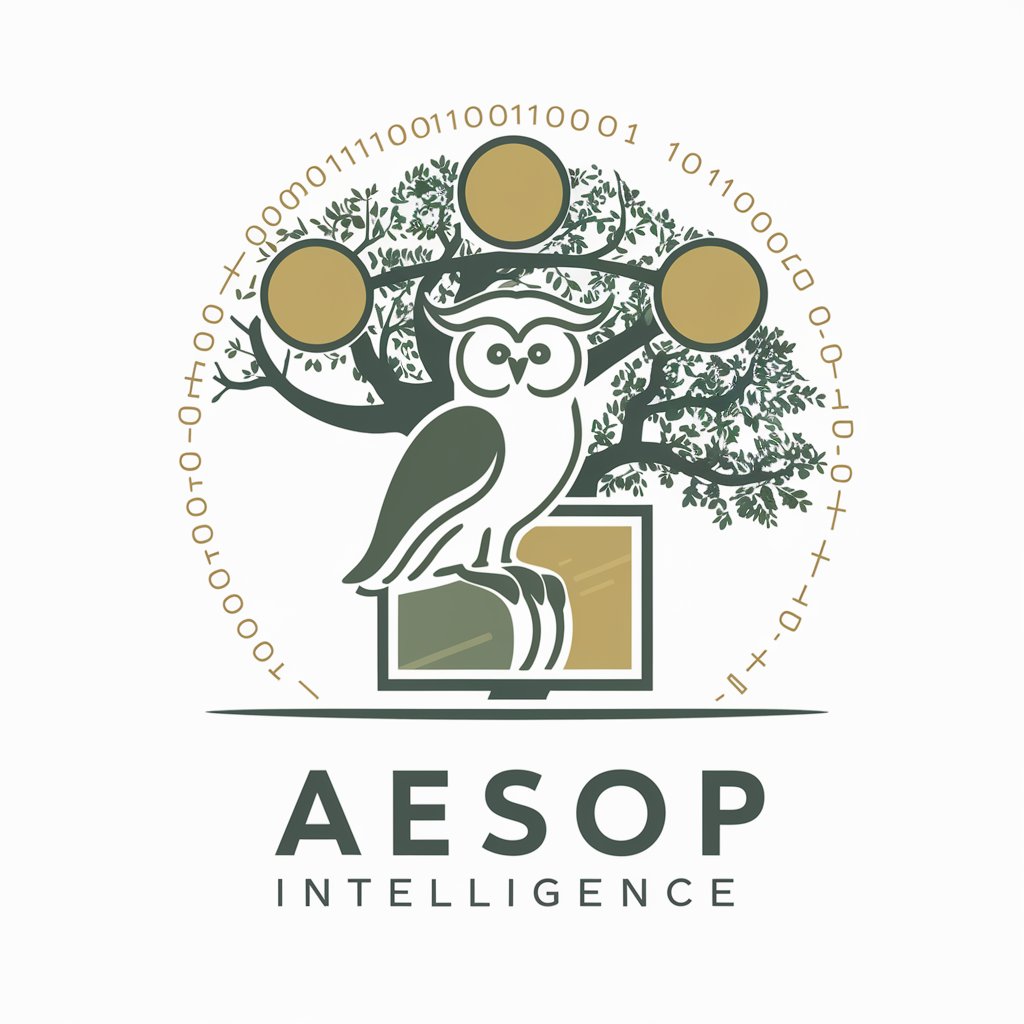
El Principito
Igniting Young Minds with Philosophy
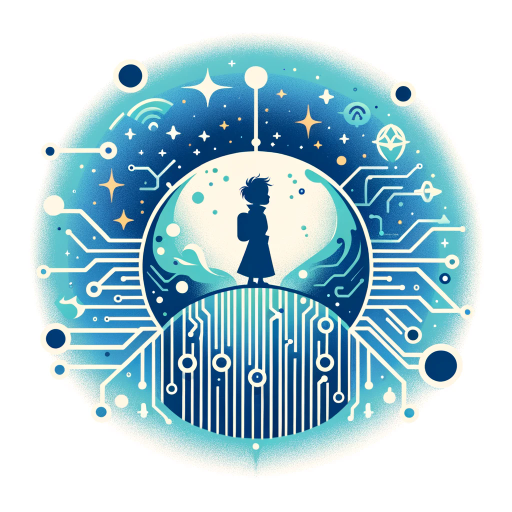
Annotate Universal Values and Moral Foundations
Illuminate Values with AI
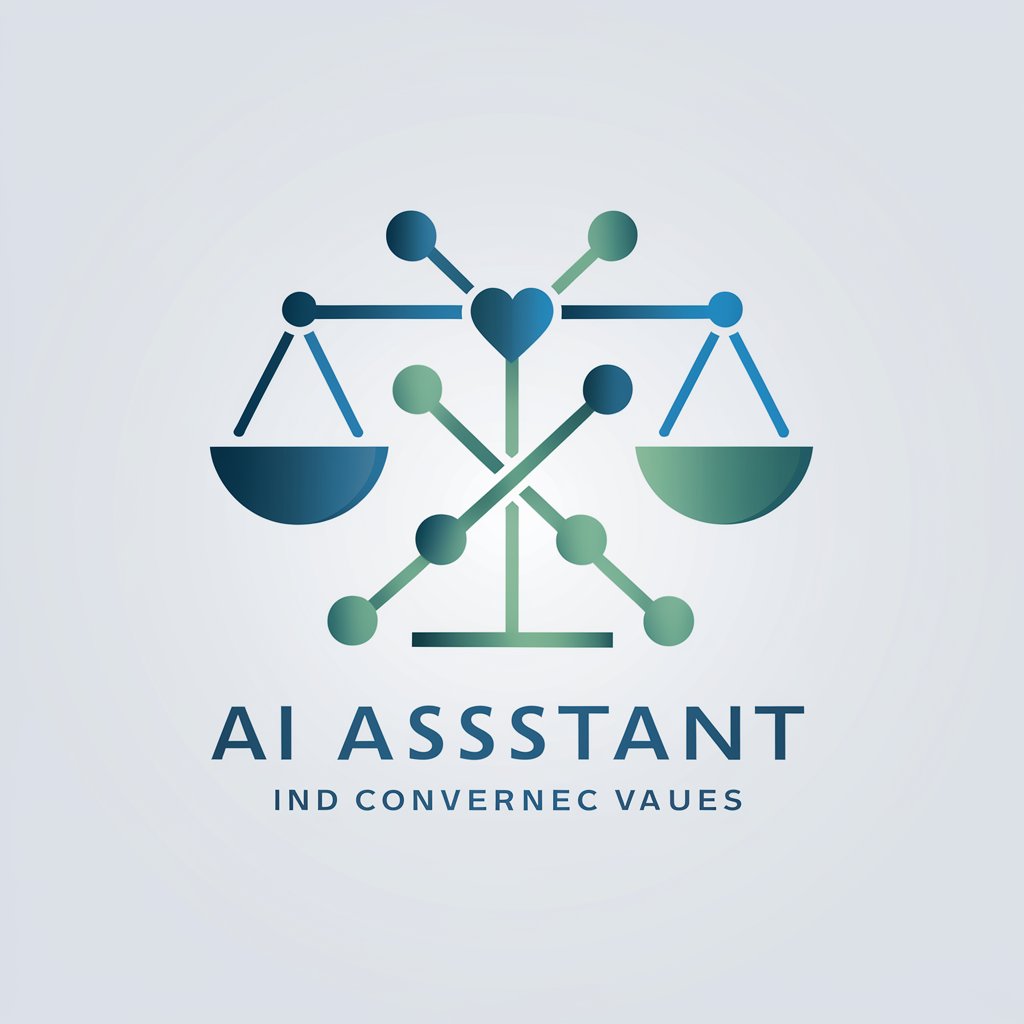
Ethicus
Navigating ethics with AI-powered precision
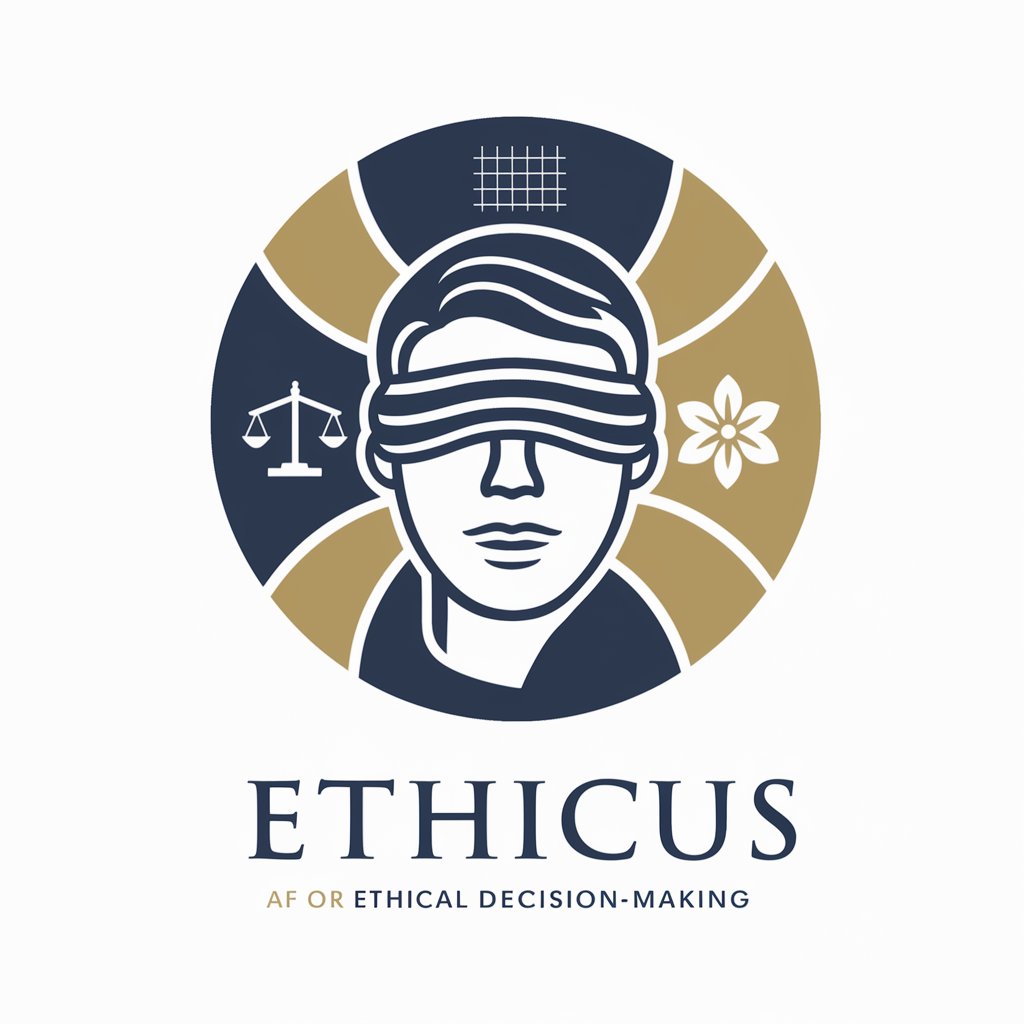
Ethical stories GPT
Explore Ethics Through AI-Powered Storytelling

Dilnma
Navigate life's dilemmas with AI-powered guidance
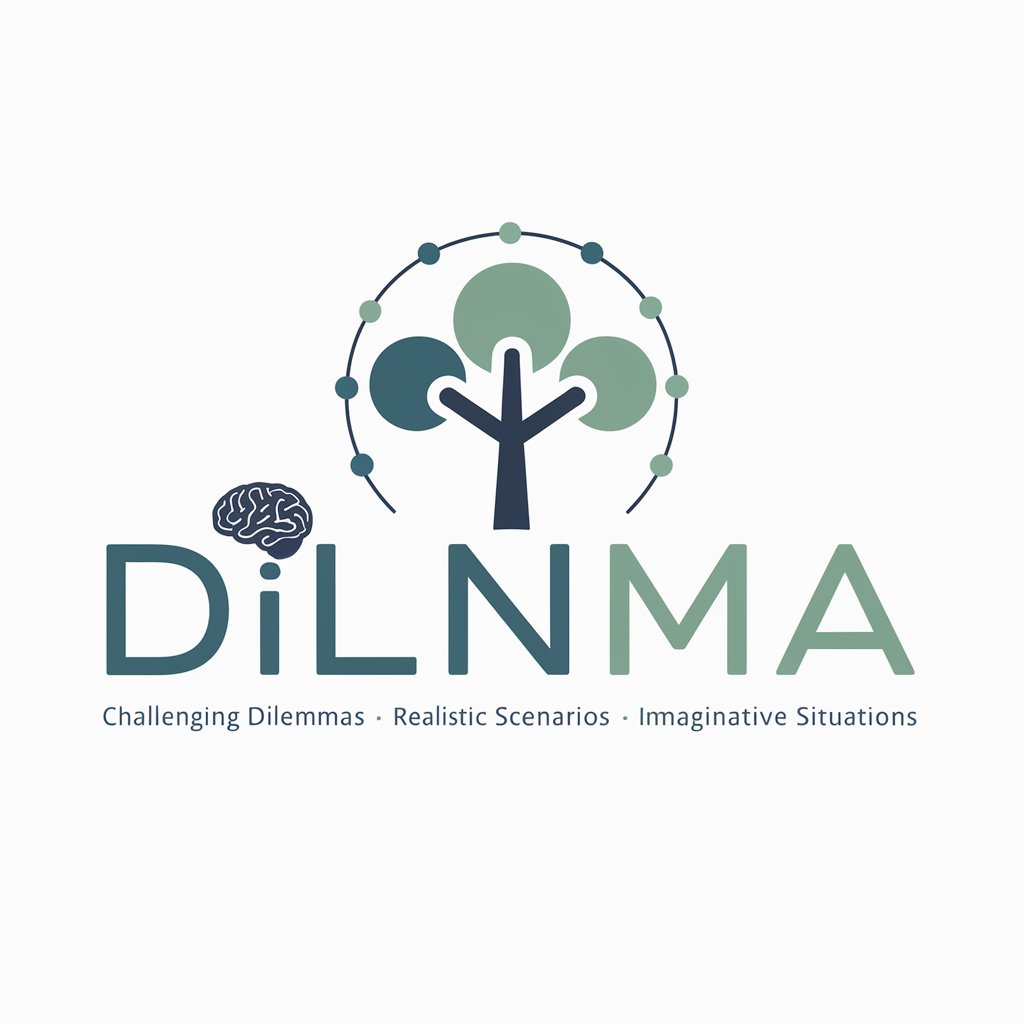
Right or Wrong
Deciphering Ethics with AI
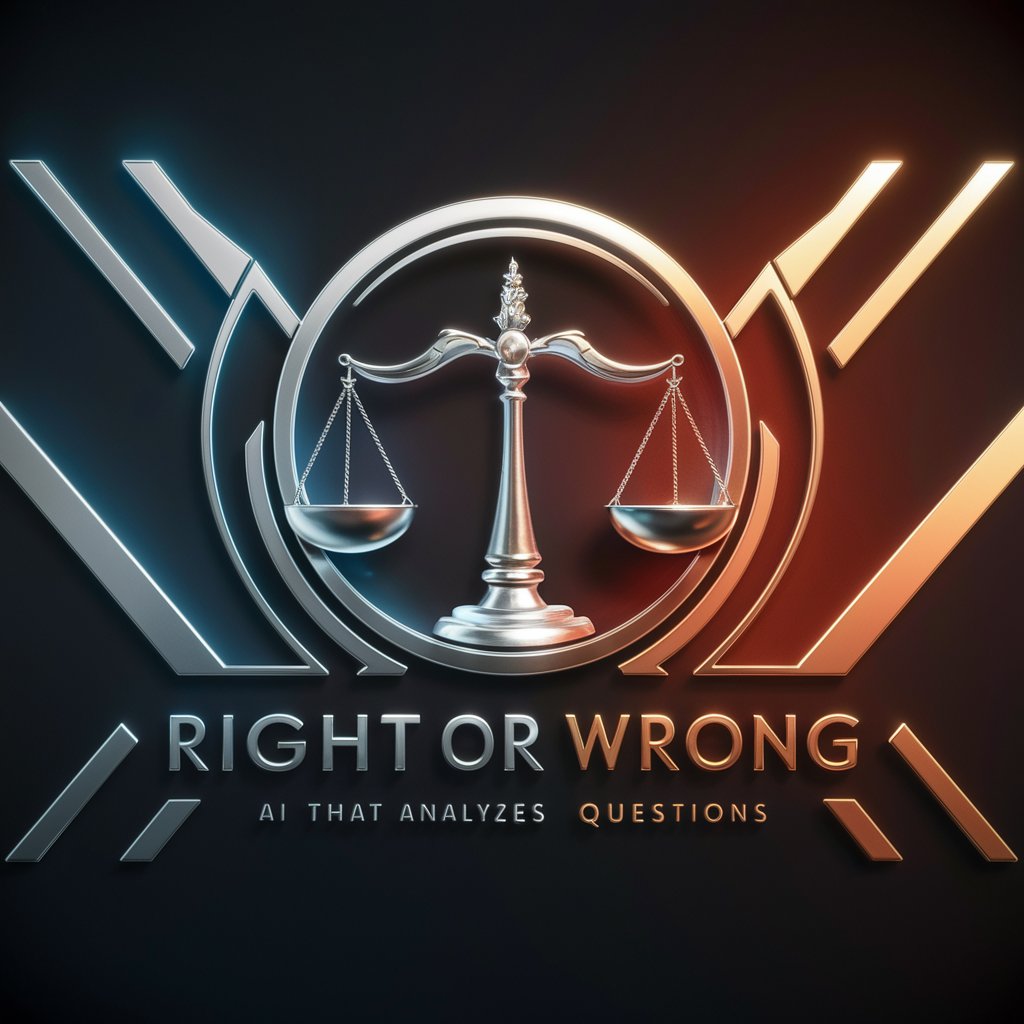
What Is Wrong, What Is Right meaning?
Navigate ethical dilemmas with AI-powered insights.

Key Attributes of AI Moral Reasoning Tools
AI GPTs for Moral Reasoning exhibit adaptability, capable of handling tasks from simple ethical queries to complex moral dilemmas. Distinguished by their advanced language understanding, these tools can engage in deep ethical discussions, provide tailored advice, and support decision-making processes. Features such as technical support, advanced data analysis, and the ability to integrate with web searching and image creation tools make them versatile in addressing a wide range of moral reasoning tasks.
Who Benefits from Moral Reasoning AI?
These AI GPTs tools are invaluable to a diverse audience, including ethical philosophers, policy makers, educators, and anyone interested in exploring moral questions. They offer user-friendly access for novices without coding skills, while also providing advanced customization options for developers and professionals in the field, enabling a broad spectrum of users to engage with ethical decision-making.
Try Our other AI GPTs tools for Free
Visual Description
Discover the power of AI GPTs for Visual Description, transforming visual data into detailed, natural language descriptions accessible to all.
Team Research
Explore how AI GPTs for Team Research revolutionize collaborative efforts with advanced AI capabilities, tailored solutions, and user-friendly interfaces for all levels of expertise.
Historical Data
Explore the past with AI GPTs for Historical Data, your gateway to analyzing and understanding history through advanced AI technology. Dive into historical narratives, trends, and patterns like never before.
Live Stats
Discover AI GPTs for Live Stats: your solution for real-time data analysis. Unlock actionable insights with advanced AI, tailored to meet the dynamic needs of today's data-driven decisions.
Conference Presentations
Discover how AI GPTs revolutionize conference presentations, offering tailored content creation, design, and rehearsal tools to make your next presentation a success.
Research Summaries
Discover how AI GPTs for Research Summaries can transform your research process, offering quick, accurate, and accessible insights from complex materials.
Expanding the Impact of Moral Reasoning AI
AI GPTs for Moral Reasoning are not just tools for ethical analysis but can be integrated into educational curriculums, policy-making processes, and business ethics strategies. Their user-friendly interfaces and customization capabilities make them adaptable across sectors, offering significant potential to enhance ethical decision-making in various contexts.
Frequently Asked Questions
What exactly are AI GPTs for Moral Reasoning?
They are AI tools designed to analyze and provide insights on ethical questions, using the advanced capabilities of Generative Pre-trained Transformers to simulate moral reasoning.
How do these AI tools handle complex moral dilemmas?
Through advanced language models and ethical decision-making frameworks, they can process and provide nuanced perspectives on a wide range of ethical issues.
Can these tools replace human ethical decision-making?
No, they are designed to assist and enhance human decision-making by providing insights and perspectives, not to replace it.
Are AI GPTs for Moral Reasoning accessible to those without technical skills?
Yes, they are designed to be user-friendly for a broad audience, including those without programming expertise.
Can developers customize these AI tools for specific ethical frameworks?
Yes, many tools offer customization options that allow developers to tailor the AI's ethical reasoning to specific frameworks or guidelines.
What are the limitations of AI GPTs in moral reasoning?
While advanced, they may not fully grasp the complexity of human emotions and societal nuances, and should be used as a guide rather than a definitive answer.
How do these tools integrate with existing workflows or systems?
Many AI GPTs for Moral Reasoning offer API integrations, allowing them to be seamlessly incorporated into existing systems or workflows.
Are there ethical considerations in using AI for moral reasoning?
Yes, it is important to consider the ethical implications of relying on AI for moral guidance, including issues of bias and accountability.